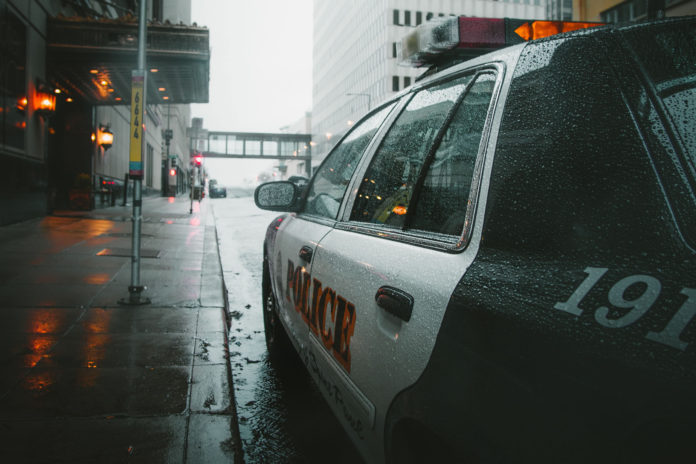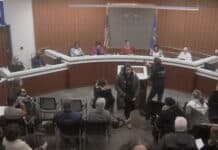A St. Paul public safety committee recently called for a slew of operations to be moved out of the police department and into non-law enforcement divisions.
The St. Paul “Community-First Public Safety Commission” advised the city to “rethink” its response to certain service calls and provided specific measures to implement in traffic-stop scenarios. The commission was appointed by St. Paul Mayor Melvin Carter and is headed by the Citizens League, a nonpartisan and nonprofit organization.
The commission’s recommendations call for ending the practice of pulling people over for “motor vehicle repair notices” and “other moving violations.” Instead, police should “utilize a mailed citation,” according to the commission. Repair notices include broken lights, turn-signal malfunctions, and expired tabs, to name a few.
The commission also believes cops should “cease” performing “pretextual” traffic stops, in which an officer pulls someone over for a minor traffic violation in order to investigate a more serious, unrelated offense.
The only situations in which cops should be allowed to pull people over are for Amber Alerts, DWIs, unsafe speeds, and hit-and-runs, the commission thinks, according to a presentation at a Wednesday meeting before the St. Paul City Council.
“Many commissioners did express a sense of urgency around this topic, and particularly in response to the killing of Daunte Wright,” Amanda Koonjbeharry, director of public policy with Citizens League, said.
In that meeting, the commission recommended having non-law enforcement individuals respond to service calls that fall under priorities four and five: this includes “non-urgent” calls, like calls for drunks, emotionally-disturbed and disorderly people who are not threatening physical harm, and offense reports where the suspect is not present.
Further, the committee shared recommendations that received over 90% support from members of the group, which consists of 46 people. Some of these include having a community liaison dedicated to juvenile calls, peer-to-peer groups for youth, a 24/7 mobile mental health team, and reviewing calls before sending police in order to assign the lowest-level necessary response.
The Community-First Public Safety Commission was created by the mayor in November of 2020 with an intention to “re-envision emergency response in St. Paul.”
The committee was given $71,200 to accomplish its mission.
St. Paul ranks in the 93rd percentile for crime in the United States, meaning only 7% of U.S. cities are more dangerous than Minnesota’s capital, according to Neighborhood Scout.











